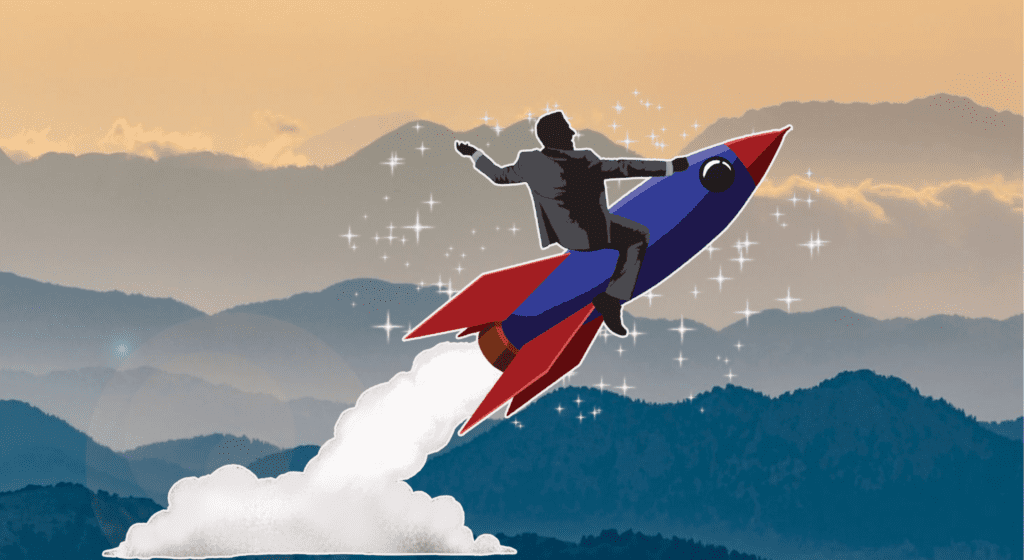DISC Assessment Guide
Discover how to better communicate & achieve your goals
DISC is all about self-awareness of your very personal default behaviours
Understanding yourself is crucial for achieving success. Without insight into what drives your actions and behaviours, fostering meaningful growth becomes challenging. By exploring what motivates you, you can identify both the obstacles that hinder your progress and the strengths that push you forward.
Taking a DISC assessment offers a detailed profile that reveals how to harness different aspects of your personality to achieve goals that resonate with your core values. This personality test is ideal for anyone looking to deepen their self-awareness. It not only enhances your understanding of yourself but can also expose limiting beliefs that may be holding you back. Additionally, it equips you with strategies to create breakthroughs in various areas of your life.
DISC assessments are frequently used in coaching relationships to enhance the effectiveness of your work with a coach. They also help you identify the types of projects and tasks that align with your strengths, and improve your ability to interact and communicate with others.
What is a DISC profile?
The DISC model was first introduced by psychologist William Moulton Marston in his 1928 book, 'Emotions of Normal People'. Marston's research centred on how people perceive themselves in relation to their surroundings, leading him to identify four primary emotional types, which today are identified as:
Dominance, Influence, Steadiness and Compliance (DISC).
Although Marston developed this theory, he did not create a way to measure or test these personality traits. It wasn’t until the 1940s that psychologist Walter Clarke devised the first method to assess the DISC model. Since then, advancements in psychology and related fields have led to the development and refinement of various assessments based on DISC. These tools have become particularly valuable in the modern workplace, helping individuals better understand themselves and their colleagues, leading to better workplace collaborations.
DOMINANCE
HOW YOU DEAL WITH PROBLEMS & CHALLENGES
Also known as D-style: Assertive, Results Focused, Rapid Decisions, Will Seek Challenges, Can Be Aggressive and Impatient, Desires to Lead.
INFLUENCE
HOW YOU DEAL WITH PEOPLE & CONTACTS
Also known as I-style: Very Outgoing and Persuasive, Very People Oriented, Quite Optimistic Outlook, Strong Communication Skills, Likes to have Variety in their day.
STEADINESS
HOW YOU DEAL WITH PACE & CONSISTENCY
Also known as S-style: Very Patient & Favours Stability and Structure. Not a Risk Taker, Likes to operate at a Steady, Even Pace.
COMPLIANCE
HOW YOU DEAL WITH PROCEDURES & CONSTRAINTS
Also known as C-style (or sometimes Conscientiousness): Date, Fact and Analysis Based. Precise and Accurate Trust in the Value of Structure, Standards and Order. Sees the value of "Rules".
What are the benefits of taking a DISC assessment?
The DISC personality test is widely used in the business world, and for good reason. It offers numerous benefits for both individuals and teams.
SELF-AWARENESS
You can't build on your strengths or address your weaknesses without first identifying them. The DISC profile test enhances your self-awareness—the ability to evaluate yourself objectively and realistically—which is essential for success both at work and in life.
INCREASED PRODUCTIVITY
Better understanding yourself and others improves team collaboration, including key working relationships with your coach and/or your work colleagues. That leads to much more efficient use of your time and ability to focus on your core objectives.
BETTER COMMUNICATION
Communication if the foundation stone on any good working relationships. Your ability to identify challenges, communicate them effectively and find the solutions that work best for you and everyone else involved is an almost priceless skill set to have when collaborative relationships are critical.
SIMPLE & EFFECTIVE
While DISC is not the only behavior assessment tool available, it stands out for its simplicity and ease of understanding. This clarity makes it especially effective, as the straightforward insights it provides into your own strengths and weaknesses—as well as those of your colleagues—can lead to quick and effective resolutions for boosting productivity.
COHESIVE TEAMWORK
It shouldn't be rocket science to follow the idea that when team members better understand each other and themselves - as well as understanding how they complement each other's strengths and weakneses, that there's going to be better team cohesion, better team conflict resolution and better productivity.
CONFLICT RESOLUTION
Key working relationships with your coach, your team members and other work related colleagues are much easier to resolve with that all important self-awareness and better understanding of them too.
© 2024-2025 GetResultsology®. All Rights Reserved


